🕯️ Kwanzaa ❤️🖤💚🌟
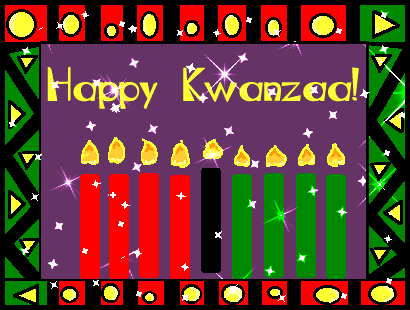
December 26
To
January 1
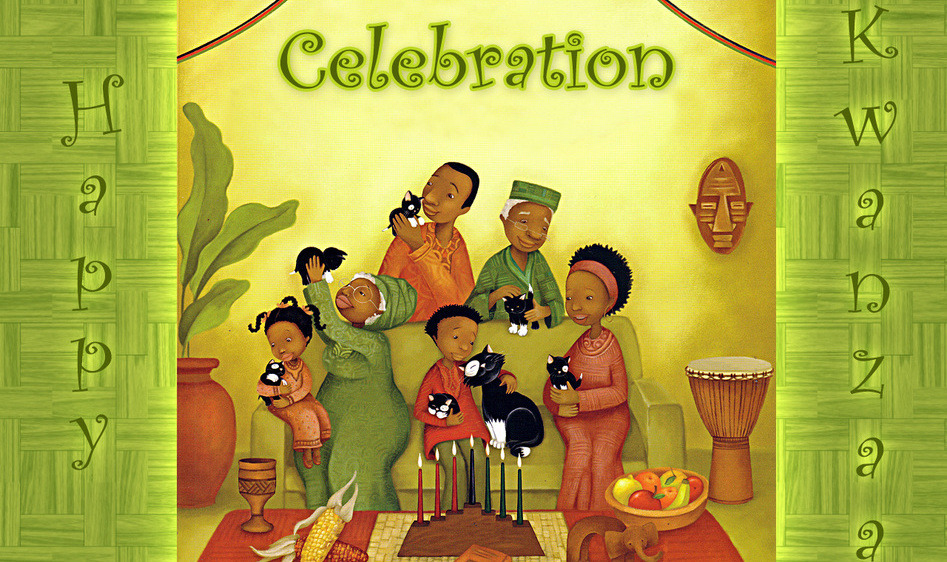

Kwanzaa (/ˈkwɑːn.zə/) is a celebration held in the United States and in other nations of the African diaspora in the Americas and lasts a week. The celebration honors African heritage in African-American culture and is observed from December 26 to January 1, culminating in a feast and gift-giving. Kwanzaa has seven core principles (Nguzo Saba).
Kwanzaa celebrates what its founder called the seven principles of Kwanzaa, or Nguzo Saba (originally Nguzu Saba—the seven principles of African Heritage), which Karenga said "is a communitarian African philosophy,"
consisting of what Karenga called "the best of African thought and
practice in constant exchange with the world." They were developed in
1965, a year before Kwanzaa itself. These seven principles comprise Kawaida, a Swahili word meaning "common". Each of the seven days of Kwanzaa is dedicated to one of the following principles, as follows:
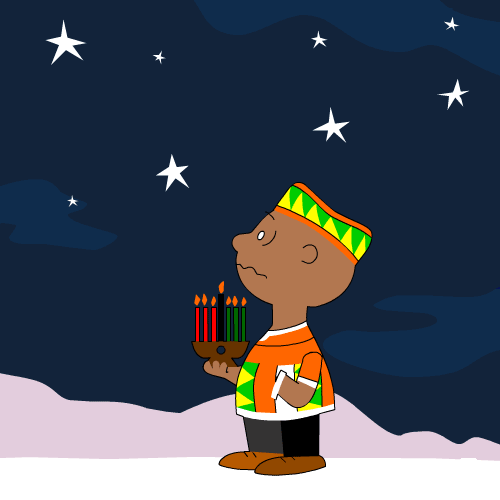

Umoja (Unity): To strive for and to maintain unity in the family, community, nation, and race.
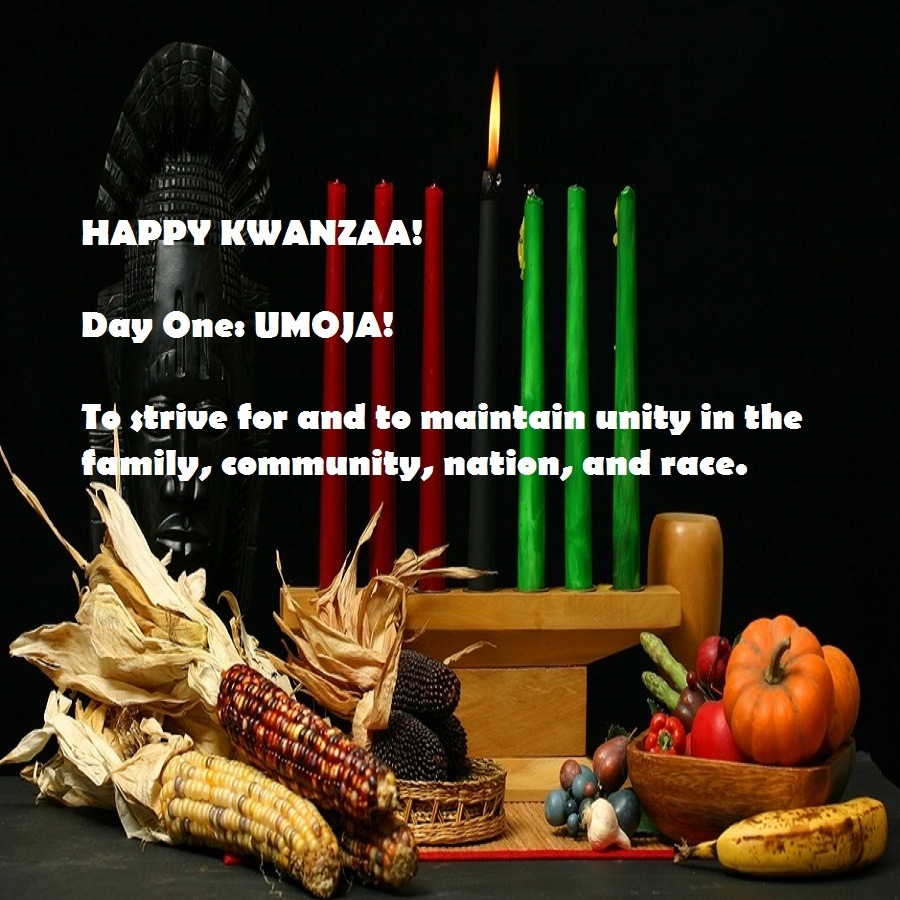
Kujichagulia (Self-Determination): To define and name ourselves, as well as to create and speak for ourselves.
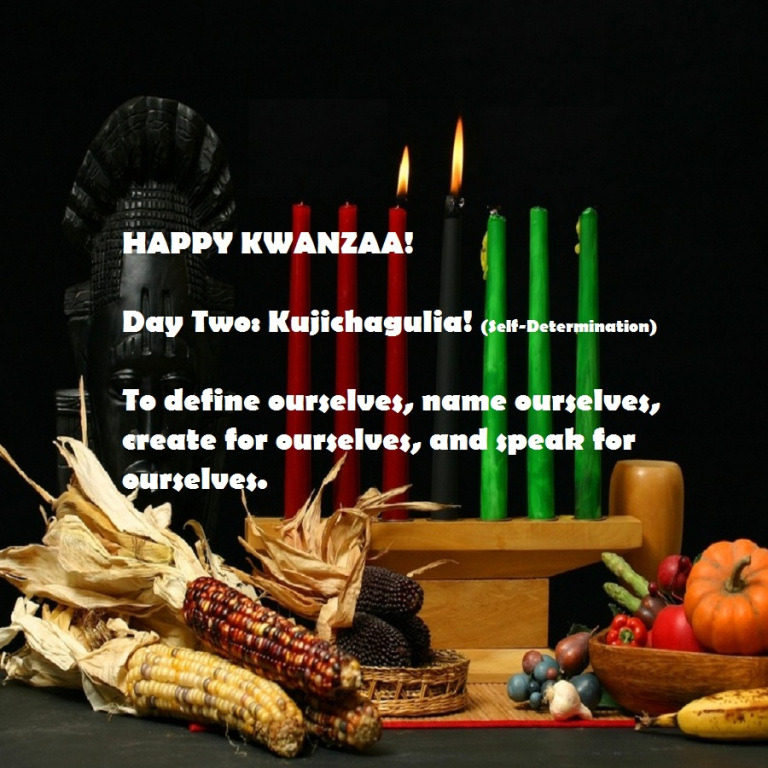
Ujima (Collective Work and Responsibility): To build and
maintain our community together and make our brothers' and sisters'
problems our problems and to solve them together.
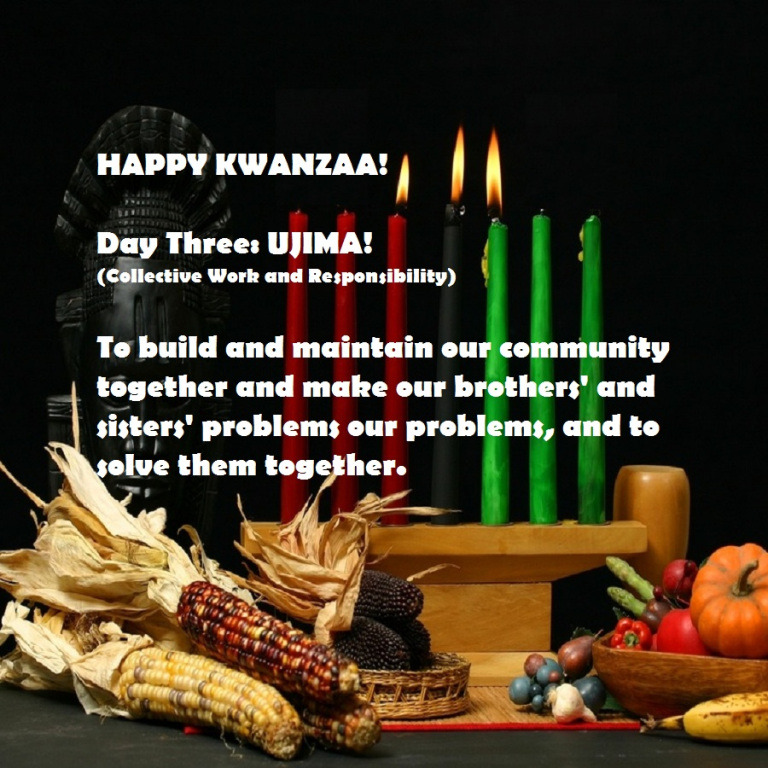
Ujamaa (Cooperative Economics): To build and maintain our own stores, shops, and other businesses and to profit from them together.
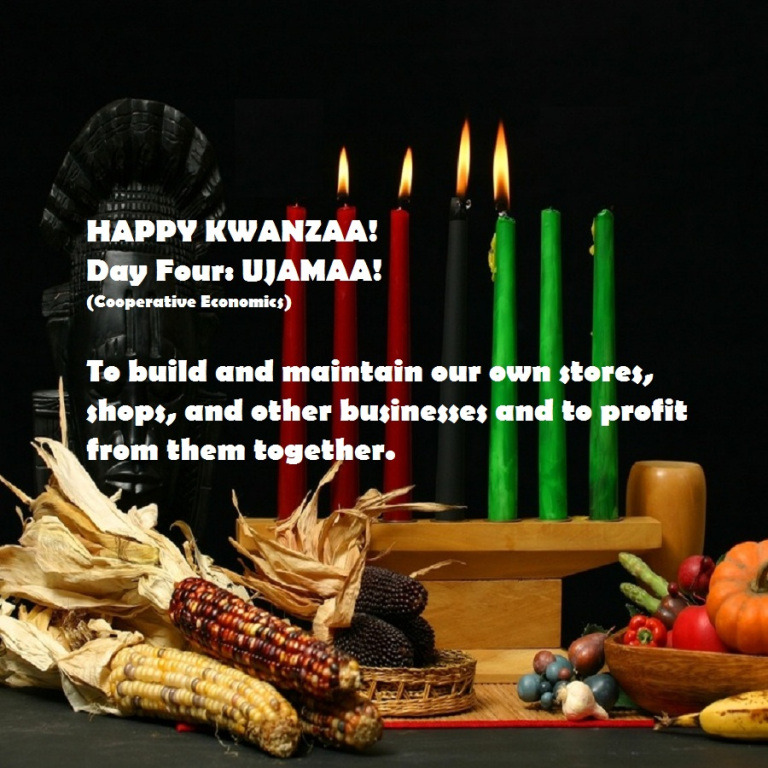
Nia (Purpose): To make our collective vocation the building
and developing of our community in order to restore our people to their
traditional greatness.
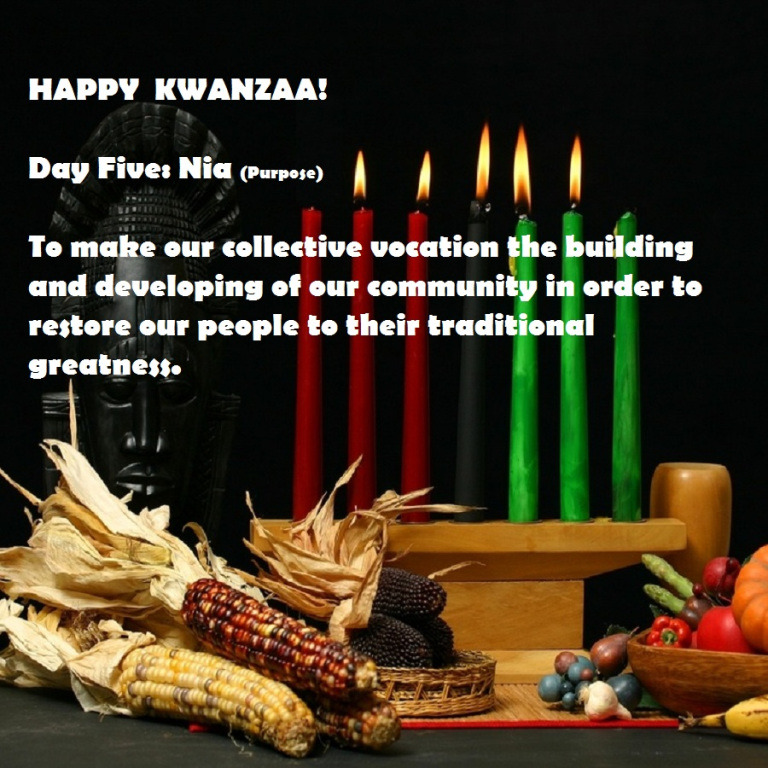
Kuumba (Creativity): To do always as much as we can, in the
way we can, in order to leave our community more beautiful and
beneficial than we inherited it.
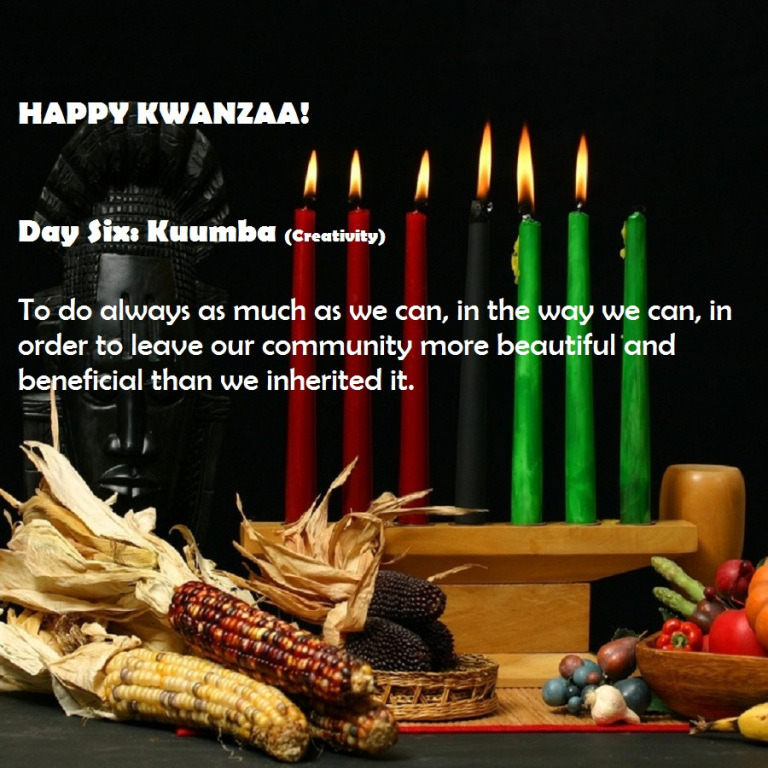
Imani (Faith): To believe with all our hearts in our people,
our parents, our teachers, our leaders, and the righteousness and
victory of our struggle.
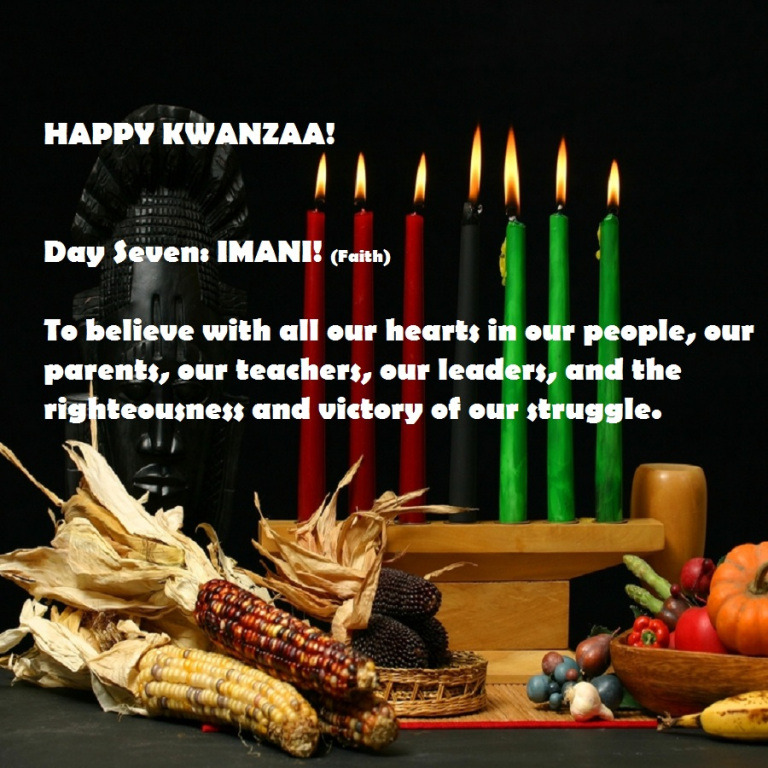
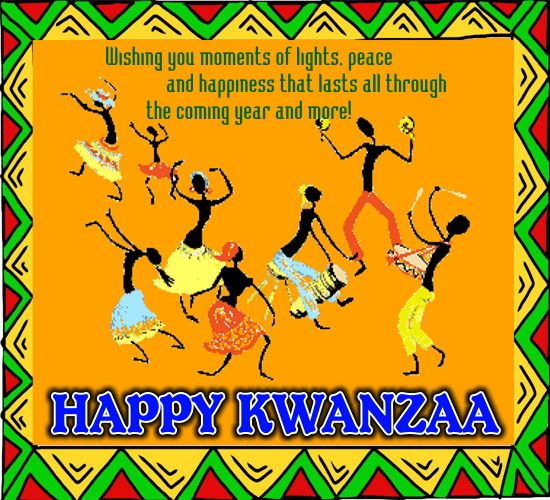
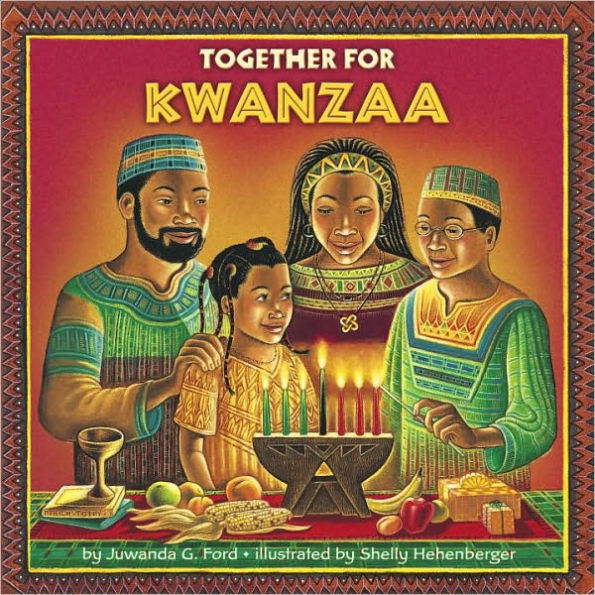
Observances
Families celebrating Kwanzaa decorate their households with objects of art, colorful African cloth such as kente, especially the wearing of kaftans
by women, and fresh fruits that represent African idealism. It is
customary to include children in Kwanzaa ceremonies and to give respect
and gratitude to ancestors. Libations are shared, generally with a common chalice, Kikombe cha Umoja, passed around to all celebrants. Non-African Americans also celebrate Kwanzaa. The holiday greeting is "Joyous Kwanzaa".
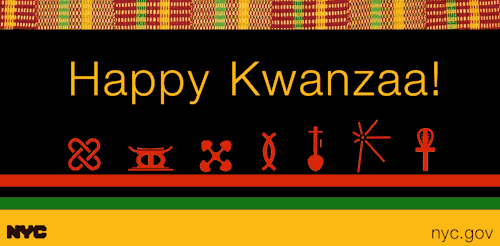
A Kwanzaa ceremony may include drumming and musical selections,
libations, a reading of the African Pledge and the Principles of
Blackness, reflection on the Pan-African colors,
a discussion of the African principle of the day or a chapter in
African history, a candle-lighting ritual, artistic performance, and,
finally, a feast (karamu). The greeting for each day of Kwanzaa is Habari Gani? which is Swahili for "How are you?"
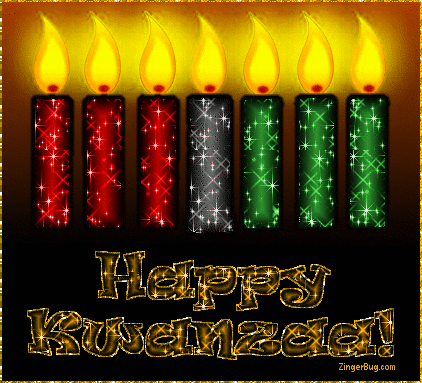

At first, observers of Kwanzaa avoided the mixing of the holiday
or its symbols, values, and practice with other holidays, as doing so
would violate the principle of kujichagulia (self-determination)
and thus violate the integrity of the holiday, which is partially
intended as a reclamation of important African values. Today, many
African American families celebrate Kwanzaa along with Christmas and New Year's. Frequently, both Christmas trees and kinaras,
the traditional candle holder symbolic of African American roots, share
space in Kwanzaa-celebrating households. For people who celebrate both
holidays, Kwanzaa is an opportunity to incorporate elements of their
particular ethnic heritage into holiday observances and celebrations of
Christmas.
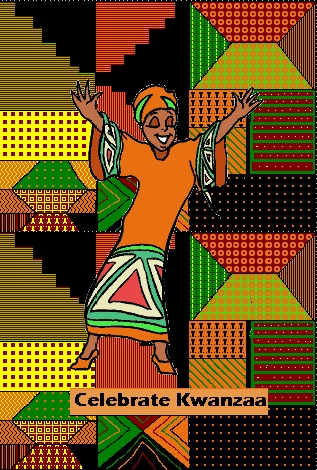
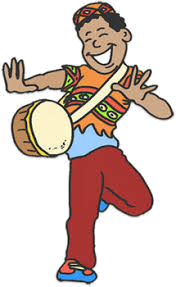

Cultural exhibitions include the Spirit of Kwanzaa, an annual celebration held at the John F. Kennedy Center for the Performing Arts featuring interpretive dance, African dance, song and poetry.
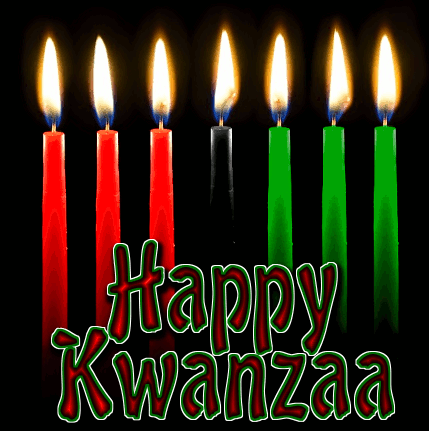
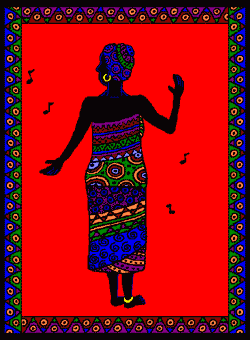
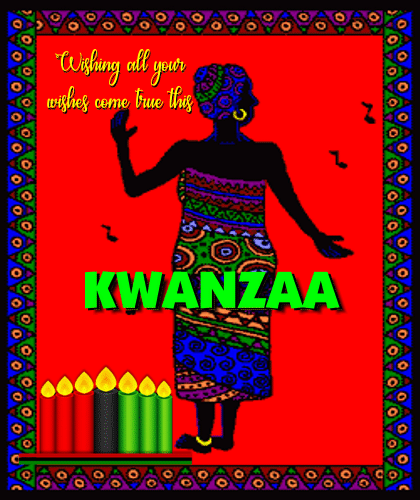

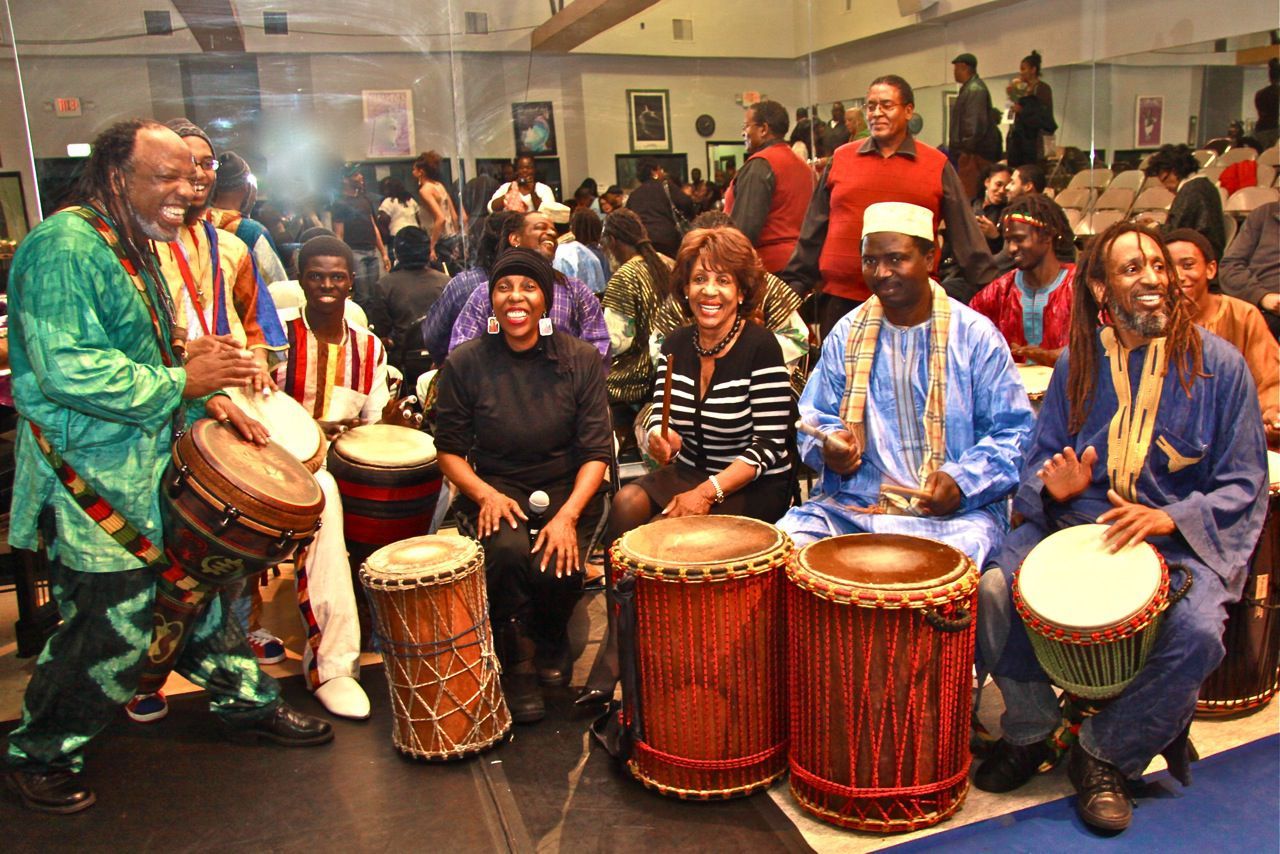
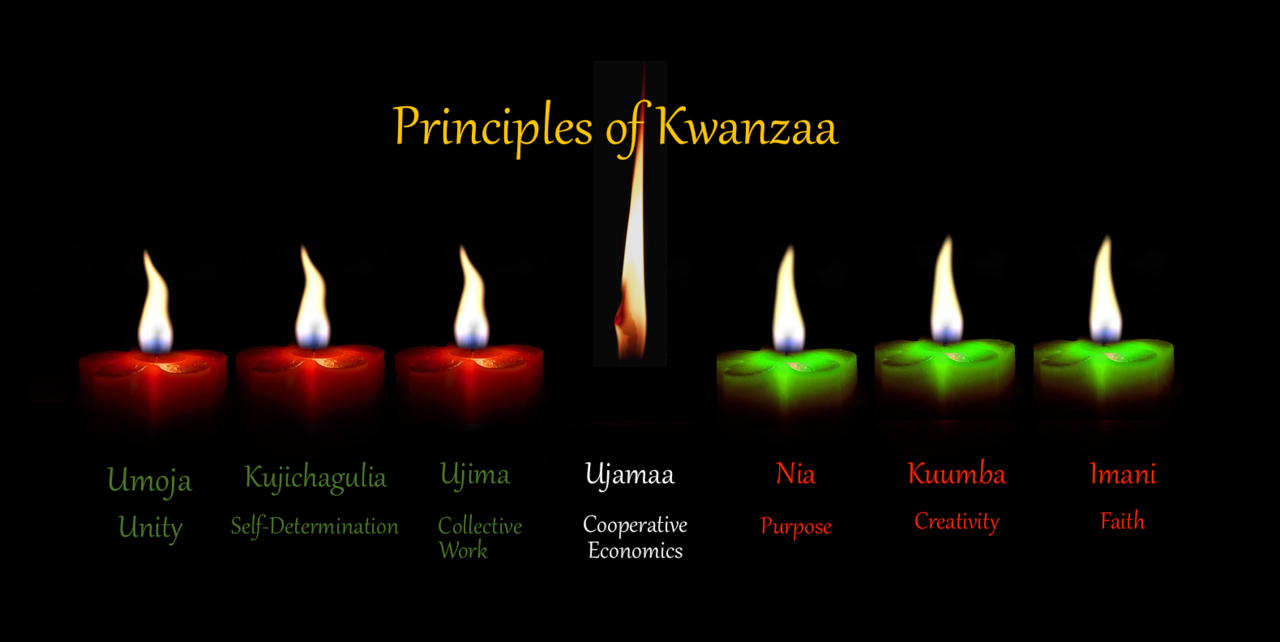
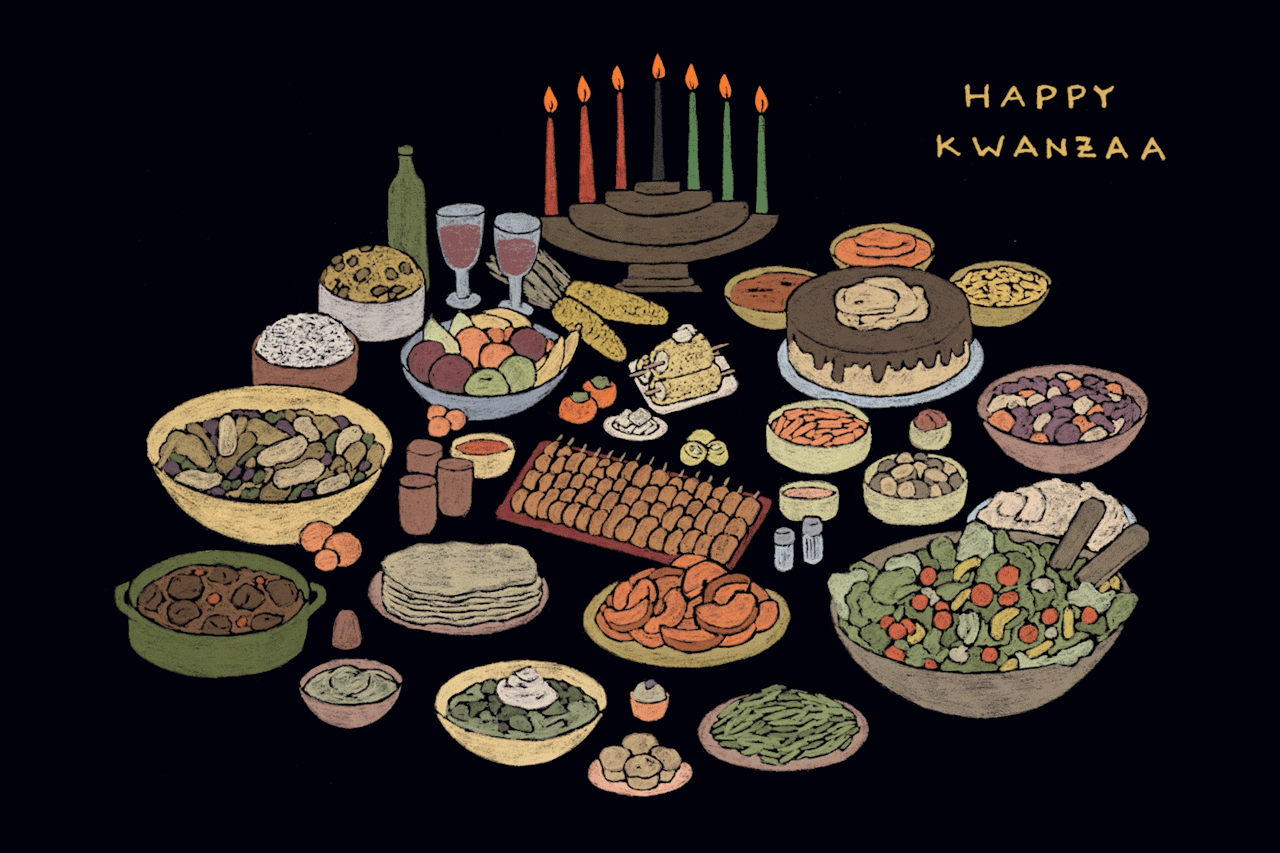
No comments:
Post a Comment